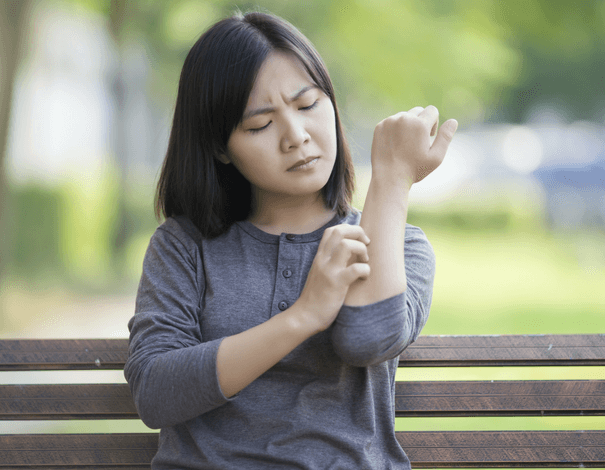Prevent Malaria
Contrary to popular belief, malaria does exist in the Caribbean, including parts of the Dominican Republic, as well as in other popular sun destinations. Never assume you are safe! In fact, although the risk of contracting malaria varies depending on a number of factors, even travellers who stay in luxury resorts can be exposed to this disease. Immigrants who visit their country of origin might think they are immune to this disease for life but they should also take preventive measures. It is important for all travellers to be adequately informed before visiting an area where they may contract malaria, and to follow their health care provider’s advice.
AVOID GETTING BITTEN
The first protective measure to take is to avoid getting bitten! If you are travelling to an area with a high risk of mosquito-borne illness, you can protect yourself against mosquito bites by choosing an effective insect repellent. Your pharmacist can help you choose the right product and give you tips for an effective application. You can also wear light loose-fitting trousers and long-sleeve shirts to cover exposed skin, especially during early evening and at night when mosquitoes tend to feed.
Other protective measures suggested to avoid being bitten include staying somewhere that has effective air conditioning and screening on doors and windows. Make sure all doors and windows are closed properly and if you are not sleeping in an air-conditioned room, sleep under an intact mosquito net that has been treated with insecticide. Mosquito coils, aerosolized insecticides or electrically-operated insecticide generators can help as well.
ANTI-MALARIAL MEDICATIONS
Along with protective measures against mosquito bites, anti-malarial medications are recommended. The products most commonly used to prevent malaria are:
- Atovaquone-proguanil (MalaroneTM)
- Chloroquine (AralenTM)
- Doxycycline
- Mefloquine (LariamTM)
These prescription medications need to be started before going into a malaria zone in order to reduce your risk of contracting malaria after a mosquito bite. The medication will also need to be taken during your trip and for a certain time after you leave the malaria zone. Because the parasite can hide in the liver and in the blood, it is strongly recommended that you complete the entire course of treatment to prevent the parasite from multiplying.
ASK YOUR PHARMACIST
Malaria is a serious disease and travellers should do everything they can to avoid getting infected. Book an appointment with your pharmacist 4-6 weeks prior to your trip to find out whether mosquito-borne diseases exist in the areas you plan to visit and to learn more about malaria prevention strategies. Your pharmacist can help choose a medication regimen specific to your travel itinerary and activities, health status and access to medical care.
The pharmacy services presented in this section are offered by pharmacist owners who are affiliated with Proxim. The pharmacists are solely responsible for the professional activities carried out during the practice of pharmacy.
The information contained herein is provided for informational purposes only and is not intended to provide complete information on the subject matter or to replace the advice of a health professional. This information does not constitute medical consultation, diagnosis or opinion and should not be interpreted as such. Please consult your health care provider if you have any questions about your health, medications or treatment.




